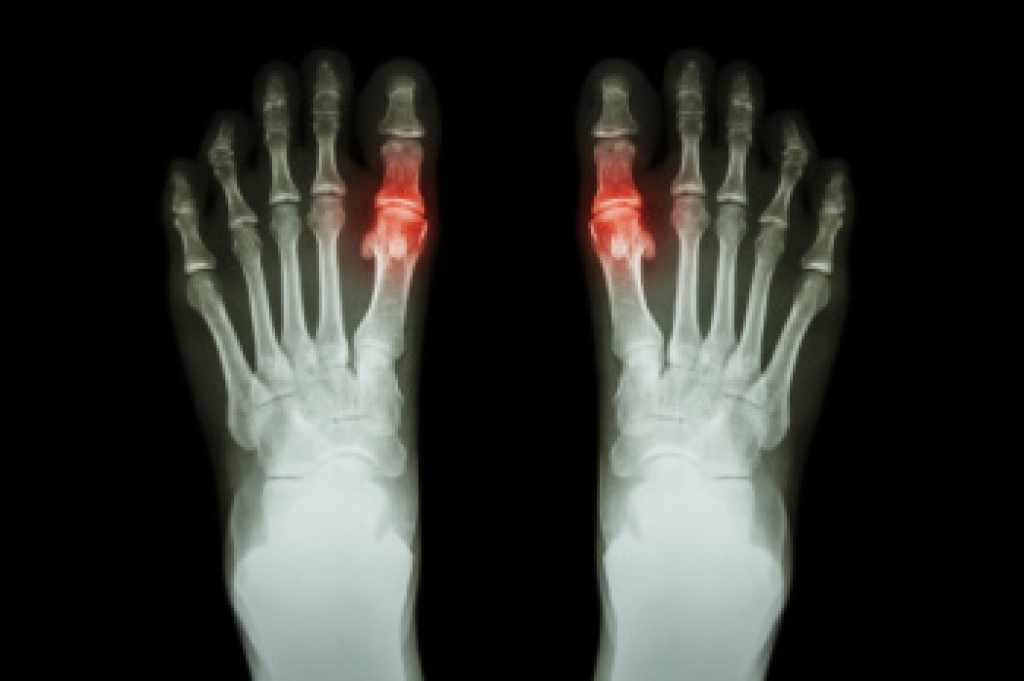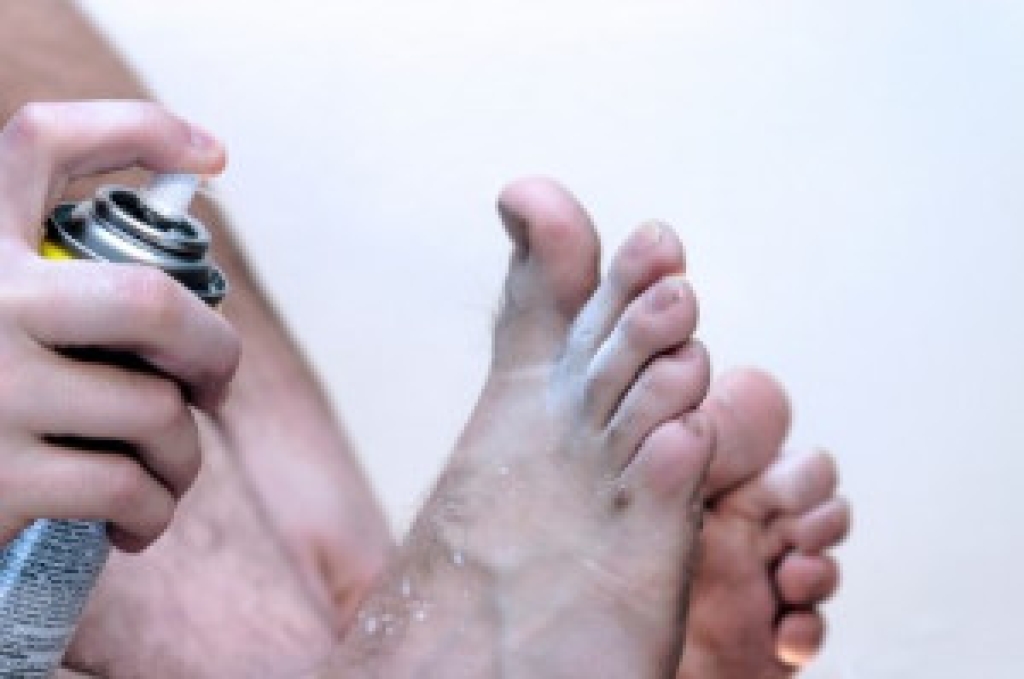
Rheumatoid arthritis, or RA, affecting the feet can cause significant pain, stiffness, and joint damage, making daily activities challenging. Risk factors include genetics, smoking, obesity, and an inactive lifestyle, all of which can worsen RA symptoms. While there is no cure, a healthy diet rich in anti-inflammatory foods like fruits, vegetables, and omega-3 fatty acids can help reduce flare-ups and support joint health. Regular, low-impact physical activity, such as walking, swimming, or stretching, keeps joints flexible and prevents stiffness. Wearing proper footwear and orthotics also play a vital role in minimizing discomfort and supporting foot alignment. A podiatrist can provide tailored care, including custom orthotics, footwear recommendations, and strategies for managing foot pain. If you have RA that affects your feet, it is suggested that you seek routine care from a podiatrist for help in maintaining mobility, preventing deformities, and improving your overall quality of life.
Because RA affects more than just your joints, including the joints in your feet and ankles, it is important to seek early diagnosis from your podiatrist if you feel like the pain in your feet might be caused by RA. For more information, contact Paul Potach, DPM of Illinois . Our practitioner will assist you with all of your podiatric concerns.
What Is Rheumatoid Arthritis?
Rheumatoid Arthritis (RA) is an autoimmune disorder in which the body’s own immune system attacks the membranes surrounding the joints. Inflammation of the lining and eventually the destruction of the joint’s cartilage and bone occur, causing severe pain and immobility.
Rheumatoid Arthritis of the Feet
Although RA usually attacks multiple bones and joints throughout the entire body, almost 90 percent of cases result in pain in the foot or ankle area.
Symptoms
- Swelling and pain in the feet
- Stiffness in the feet
- Pain on the ball or sole of feet
- Joint shift and deformation
Diagnosis
Quick diagnosis of RA in the feet is important so that the podiatrist can treat the area effectively. Your doctor will ask you about your medical history, occupation, and lifestyle to determine the origin of the condition. Rheumatoid Factor tests help to determine if someone is affected by the disease.
If you have any questions, please feel free to contact our offices located in Wheeling and Berwyn, IL . We offer the newest diagnostic and treatment technologies for all your foot care needs.





